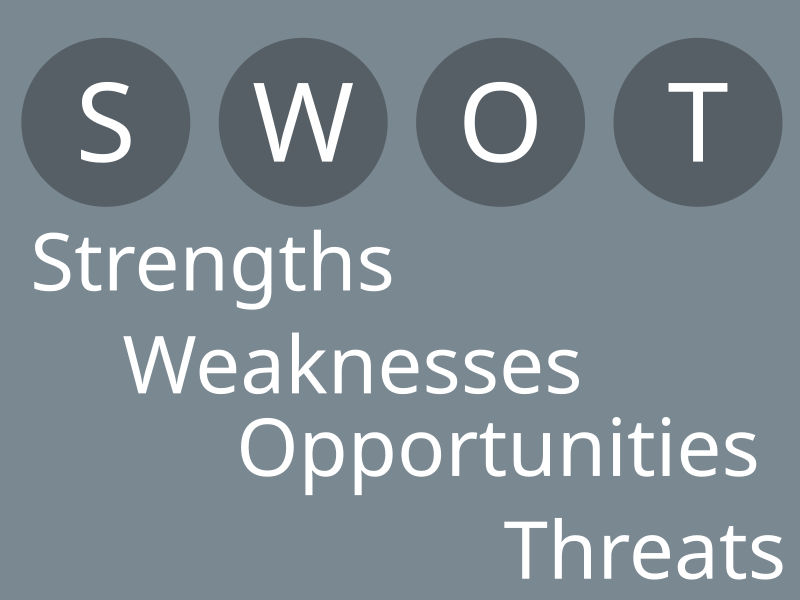There is an appointed time for everything. And there is a time for every event under heaven— Ecclesiastes 3:1
Ecclesiastes tells us that there are seasons in life. Life is a bookshelf with bookends of birth and death. The volumes between are those we choose to write and in many instances, those which we allow life to author for us. The seasons of life go far beyond the major events in our existence. They impact our families, our dreams and goals, and are played out in every area of our lives, including our careers. Our challenge as leaders is how we recognize the seasons and how the choices we make as life carries us from one season to the next.
What do the seasons of life hold for a leader? Great lessons in leadership can be gleaned by the study of the experiences and reactions occurring in the transition from one season to the next in the lives of leaders. Every leader assumes leadership in a season and relinquishes leadership in another. It is often easy to know when the time arises for us as leaders to assume the role – it may come in the form of an opportunity presented or an obvious void which must be filled. An arising season of relinquishment is often more opaque and even clouded with turmoil, confusion and strong emotions. It is in the shadowy land of changing seasons that great questions of leadership are asked and deep truths of leadership are forged in the hearts of those who choose to lead.
Let us examine some of these questions and truths.
The rise to leadership can sought or bestowed. Leadership which is sought usually comes in the form of the would-be leader seeking rank or position as a means to hopefully utilize their passion and skills for the betterment of the organization and those which work there. Unfortunately, it can also come when a would-be leader seeks rank or position for self-benefit, but an examination of motives for positions of leadership is a topic for another discussion article. The would-be leader seeking rank or position does so with skill, confidence and passion. They view themselves as equipped and prepared for the challenges which face them. They hold a vision for a better future. They have chosen to lead and believe they have a calling to do so.
The leader whose leadership is bestowed upon them may not view themselves as leaders. They may be a follower who, due to unforeseen circumstances, must lead. They may never have chosen to lead, nor ever considered themselves as having “leadership skills and abilities,” yet they find themselves in leadership roles. This may occur as an evolutionary process with the leader slowly entering the leadership role, or it may occur as it does often in times of crisis, as an “instantaneous happening” in which the follower becomes a leader from the necessity of the circumstances. These “emergent leaders” rise suddenly and assume a leadership role in the midst of a crisis, serving and leading through the storm never assuming that they were heirs to the leadership role. They serve through fear and lack of confidence in times of great need. Perhaps this is why often they become better leaders, as they are born from humility and self-doubt – yet choose to lead in the midst of trials.
The ebb of leadership may generate fear and anxiety, as it foretells a season of change. Like with the fading of summer into fall, our concerns about the harshness of the coming winter begin to echo in our thoughts. Transitioning out of one leadership role in which you are comfortable and confident may divot your comfort and confidence with questions of doubt. Change generates change in followers as well as those who lead. Human life is a saga of constant unfolding change. As leaders, we must accept that change is inevitable. Change incites anxiety in all caught in its grip, but no growth is possible without change.
The question then becomes how do we prepare for a new leadership season? My experience has given me the following truths in my search for the answer to this question:
- To everything there is a season. As recorded in Ecclesiastes Chapter 3, there is a time for everything and as such our lives will continually be filled with the need to transition from one event to another. We must know and embrace these truths in our lives as leaders. Our growth as leaders should reflect our ability to effectively navigate through the stormy waters of change. Our ability must include knowing when we should step out of the captain’s chair and onto the dock or on to the deck of another ship. We must use the promise of changing seasons to prepare ourselves when that time comes for us to accept that we must change our leadership role.
- Sensing the change of seasons. Seasons sometimes change abruptly and sometimes gradually. Seasons of leadership likewise end by a sudden termination from a position for a thousand reasons out of the control of the leader. They may also change in a gradual process controlled by the leader’s choice. While we cannot change the decisions of others who may choose to end our leadership within an organization, we can control a chosen exit for ourselves.
Sensing the time to hand the reins to another is an intuitive process which comes with time and perhaps even experiences where the choice to leave was not ours. Key elements of this process which I have gleaned from life experiences in being chosen to leave or choosing to leave, include the following:
o Organizational Evolution. As organizations change, leadership must evolve with the change – sometimes the “evolved organization” no longer fits with the values and vision of the leader. When the “evolved organization” demands leadership behaviors which run counter to a leader's beliefs and values, the leader will feel out of place. The term to describe these feelings is cognitive dissonance – a theory first proposed by psychologist Leon Festinger. Festinger holds that humans have an inner need to ensure their beliefs and behaviors are consistent, and when these become contradictory, disharmony results. Value based leaders, when forced to work in organizations which hold values contrary to their own leadership style, will experience disharmony and this disharmony is a sign that the leadership season has changed.
No alt text provided for this image
Leaders may anticipate this change by learning to sense the values of others – specifically those choosing to move the organization in a different direction. This happens in the private and public sector but unfortunately, perhaps more often in the public sector which is subject to the constantly evolving desires of elected officials who respond re-actively to a very fickle electorate.
o Fatigue. Spiritual, emotional and physical fatigue which cannot be overcome are clear signs of the ebbing of the leadership season. One of my mentors always insisted on taking 2 -3 week holidays away and disconnected from the office and leadership roles. He referred to this recreational time away as his time for “re-creation.” This was more than a time of rest and relaxation, but a time of assessment and reflection which resulted in either a revitalization of the passion for leadership within the organization, or re-purposing of life’s direction. Often criticized for lengthy holidays, I always found him to be more creative, passionate, focused and driven when he returned. He held firmly to the belief that lesser time of vacation was insufficient to arrest the fatigue of leadership. I clearly remember the last holiday he took before leaving his position as a city manager. He spent three weeks in South America with his wife and after returning he began developing his exit strategy. My mentor’s leadership experience spanned over forty years in public sector executive leadership positions. His transition out of leadership spanned 26 months…during which he aptly and professionally handed the baton to those he trained. His departure from leadership, like his assent to leadership, was filled with dignity, respect and grace.
In these instances we must learn to sense our ability to lead effectively, until we can no longer. This is accomplished in part by learning to evaluate our effectiveness through self and peer evaluation. Once learned, this becomes an instinctive process. We begin to instinctively feel the natural cycle of our leadership strengthening or waning.
o Passion. I was recently criticized for using the word passion to describe a commitment to lead. I found this odd, as passion simply means having a strong feeling or belief in something. To me, the word passion is synonymous to commitment.
A leader's passion to lead an organization is an apt barometer of the seasons of change. Waning passion can be a strong indicator for a departure from leadership. Leaders may also experience an increasing passion for another challenge prompting them to change leadership roles. Committed servant leaders who constantly seek to be self aware sense the slightest changes in their levels of passion for their role within an organization and use this to gauge a timeline and strategy for gracious departure, leaving the leadership in the capable hands of another.
One of our greatest responsibilities as leaders is to know when and how to leave. Leaders do not simply “hang-on” until retirement. We must always lead - even through our exit.
Leading through the seasons of change, requires commitment to value based leadership. We must own the reality that leadership is not about us, but about lifting others to a better place. If we hold this truth as our focus the choices we make through the seasons of change may not be easier, but they will be the best for everyone including the leader.






